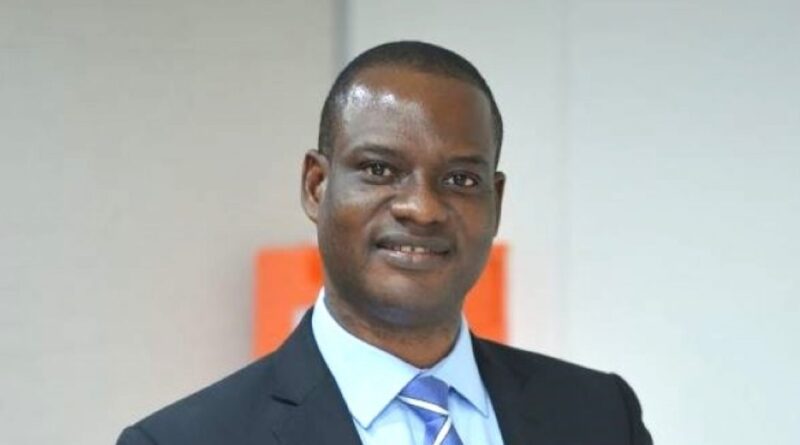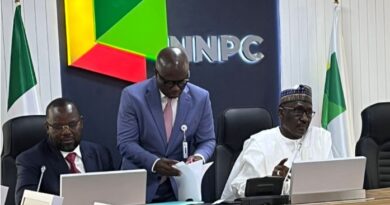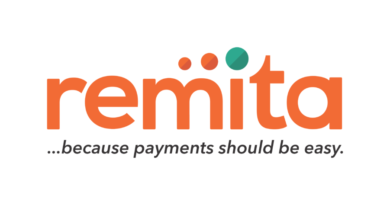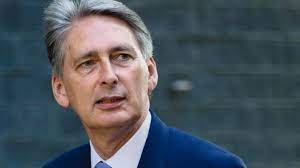Why Only Lagos Governor Met with Tax Reform Committee – Oyedele Explains
Taiwo Oyedele, Chairman of the Presidential Committee on Fiscal Policy and Tax Reforms, has addressed concerns about the committee’s stakeholder engagements amid criticisms from some northern governors. Speaking on Arise Television, Oyedele clarified that the committee had made extensive efforts to consult widely, but logistical challenges hindered meetings with governors from other states.
Oyedele revealed that despite scheduling meetings with governors’ forums and proposing to meet six governors representing each geopolitical zone, only the Lagos State Governor responded and attended. He emphasized that the committee had engaged with various groups, including state officials, private sector representatives, students, and religious leaders, to ensure inclusivity in the reform process.
“We had over 20 government institutions, private sector representatives, manufacturers, women in business, and 45 students from 22 universities involved. We also met with clerics, including over 120 Ulamas from the north, to dispel misinformation about the reforms,” Oyedele explained.
The proposed tax reforms, particularly the Value Added Tax (VAT) bill, have faced opposition from northern governors, who argue the changes could adversely affect their states’ revenue. Oyedele criticized the blanket rejection of the reforms, urging stakeholders to focus on addressing specific disagreements rather than dismissing transformative bills entirely.
“What they are disagreeing with is about one or two sections of the law. Why withdraw four transformative bills because of disagreements on two sections? Let’s discuss and refine them for the lawmakers to decide,” he argued.
Elder statesman Buba Galadima criticized the committee, alleging it was biased toward Ogun and Lagos states and failed to engage other governors adequately. He also claimed that some committee members felt excluded from critical decisions.
Oyedele dismissed these claims, reaffirming the committee’s commitment to a fair and equitable tax system. He stressed that the reforms aim to benefit all Nigerians, reduce the tax burden on low-income earners, and boost the economy by eliminating VAT on essential goods.
The committee plans to continue engaging stakeholders and addressing concerns to ensure the successful implementation of the tax reforms.








